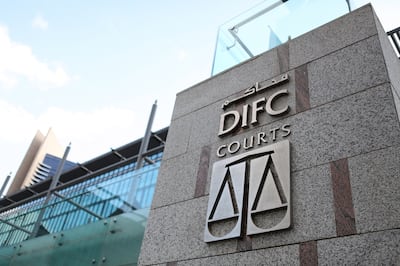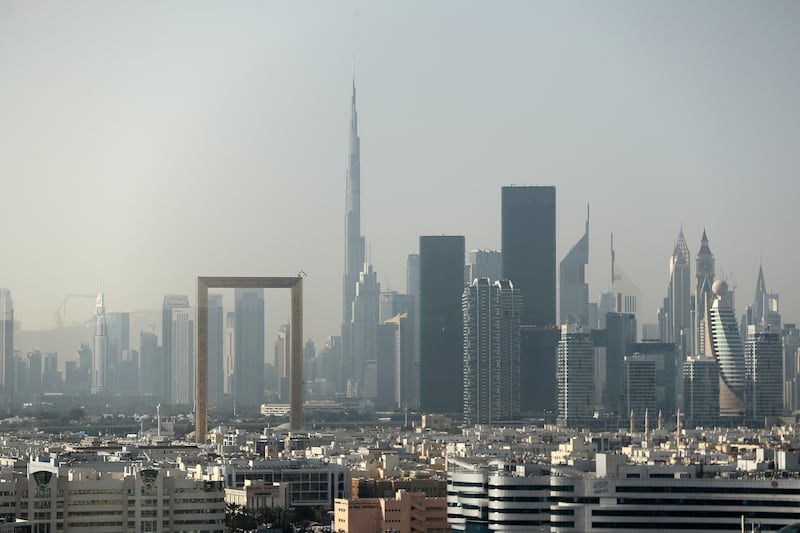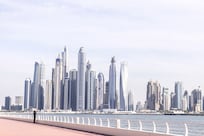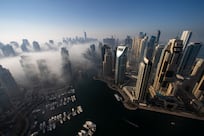Dubai will set up a new body to resolve jurisdictional conflicts between Dubai International Financial Centre (DIFC) Courts and the domestic courts in a move lawyers say will streamline the justice system.
A decree issued on Monday by Sheikh Mohammed bin Rashid, Vice President and Ruler of Dubai, will replace a previous tribunal with a new authority with a broader mandate.
The provisions of the decree are applicable to DIFC Courts and other judicial bodies such as the Court of Cassation, the Court of Appeal and the Court of First Instance, and any other court that will be set up as part of the judicial authority in Dubai.
A jurisdictional conflict may arise when a company based in DIFC has a dispute with a firm based on the mainland, and there are questions over which court should handle the case, lawyers told The National.
Byron James, a partner at the UAE law firm Expatriate Law, said Monday's decision is a “strategic move to enhance the efficiency of the judicial process and address any potential overlaps or conflicts in jurisdiction between these courts”.
The new body will be headed by the president of the Court of Cassation at Dubai Courts, while the deputy chief justice of DIFC Courts will serve as its deputy chairman.
Other members of the authority include the secretary general of the Dubai Judicial Council, the president of the Court of Appeal, the president of the Court of First Instance, and two DIFC Courts judges selected by the chief justice of DIFC Courts.
“This change underscores the importance of having a dedicated body to decisively address and resolve jurisdictional disputes, which can arise from the unique dual-court system operating within Dubai, where the DIFC Courts apply a common law framework distinct from the civil law system used by the wider Dubai judicial system.” Mr James said.
The authority will determine the competent court for disputes, specifying enforceable judgments in case of conflicts, and implementing tasks assigned by the Ruler of Dubai or the chairman of the Dubai Judicial Council, Dubai Media Office said in a statement.
The decisions issued by the authority will be final and not subject to appeal in any form, it added.
“It is encouraging to see … [Dubai] taking positive action to provide guidance on the conflicts of jurisdiction between the DIFC Courts and the Dubai Courts,” Nicholas Sharratt, Middle East head of dispute resolution at Norton Rose Fulbright, told The National.
“It is hoped that the decisions handed down by the judicial authority will result in clarity and consistency in this important area of law, particularly in respect of the enforcement of judgments”.
How jurisdictional clashes may occur?

Jurisdictional clashes might typically occur in cases involving parties or contracts that have connections within the DIFC and the rest of Dubai, Mr James said.
It can lead to uncertainties over which court has the authority to hear a case. For example, a contract dispute where one party is based in the DIFC and the other in mainland Dubai could have led to questions over jurisdiction.
“The decree aims to prevent such scenarios by clearly defining a mechanism and authority to determine the competent court swiftly and effectively,” Mr James said.
Originally the DIFC Courts were established to hear cases relating to the DIFC only. But their jurisdiction was extended in October 2011.







